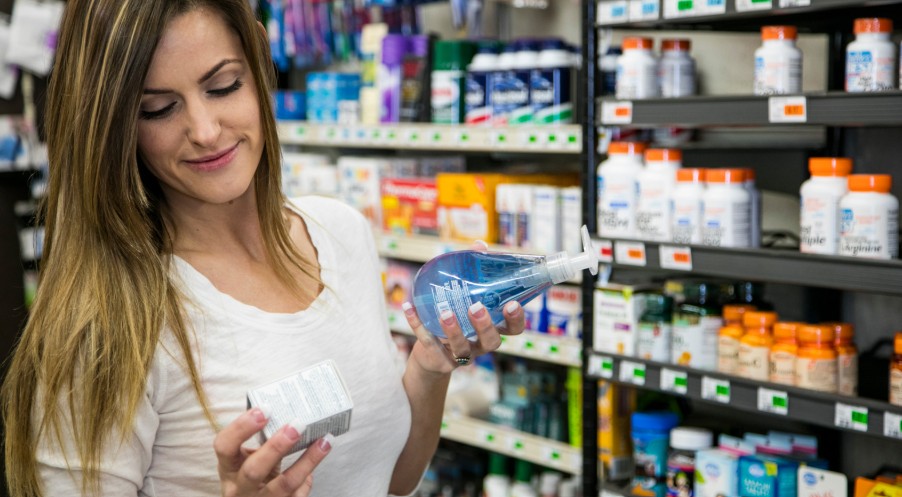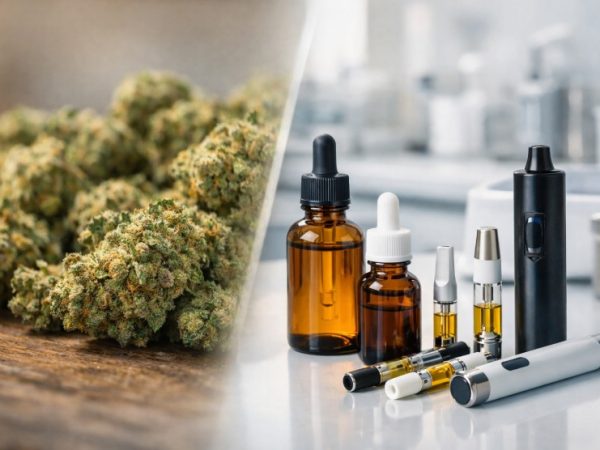
What You Need to Know About Storing Your Health Product Essentials?
Health products are a big investment, not just in terms of money but also in their importance to your well-being.
Whether it’s supplements, first aid supplies, or skincare products, storing them the right way ensures they retain their effectiveness and last as long as they should. Improper storage not only risks ruining the products but could also make them unsafe to use.
This guide will cover the essential things you need to know about storing your health products, from organising your space to understanding expiry dates and ideal storage conditions. By the end of this article, you’ll have clear and practical strategies to keep your essentials in top condition.
Why Proper Storage Matters?
When health products are stored incorrectly, they can degrade, lose potency, or become dangerous to use.
For instance:
- Supplements may lose their efficacy if exposed to moisture or heat.
- Skincare products can change in texture or smell if left in direct sunlight.
- Medicine can become harmful if not stored at the right temperature.
A little bit of care goes a long way in protecting your health and investment. Proper storage methods can help maintain the quality of your products and save you from unnecessary replacements or health risks.
Key Tips for Storing Health Products
1. Check the Label for Storage Instructions
Every health product comes with a label or packaging that includes storage guidelines.
Pay close attention to:
- Temperature requirements: Some items, like probiotics, require refrigeration, while others should be kept at room temperature.
- Light sensitivity: Products like vitamin C serums degrade when exposed to sunlight and should be stored in opaque containers.
- Humidity concerns: Capsules and powders often need to be kept in dry conditions to prevent clumping or mould.
2. Organise Your Storage Space
A cluttered storage area can make it hard to find what you need and increase the risk of products becoming forgotten and expiring.
Here are some tips:
- Categorise your products into groups like supplements, first aid, and skincare.
- Use storage containers to separate products and keep them from being scattered.
- Label shelves or containers to easily identify products and maintain order.
3. Avoid Extreme Temperatures
Heat and cold can impact the stability of health products.
Here’s how to protect them:
- Keep products away from radiators, ovens, or other heat sources.
- Avoid placing them in areas with fluctuating temperatures, such as on windowsills or near air conditioning units.
- For refrigerated items, ensure they’re not stored in the freezer unless specified. Freezing can alter the composition of certain products.
4. Watch Out for Humidity
Bathrooms might seem like a convenient spot to store health products, but the high humidity can be damaging. Humidity promotes mould growth and degrades the quality of items like bandages, tablets, and powders.
Instead:
- Store your products in a cool, dry place such as a cupboard or drawer in your bedroom or pantry.
- Use silica gel packets or moisture absorbers in storage containers to reduce humidity.
5. Keep Medicines Childproof
If you have children at home, safety must come first when storing medications.
Always:
- Store medicines in containers with child-resistant closures.
- Keep them out of reach and sight of children.
- Consider locking cabinets to prevent accidents.
6. Monitor Expiry Dates
Expired health products can be ineffective or even harmful.
Make a habit of:
- Regularly check the expiry dates of your products.
- Dispose of expired items in line with local guidelines. Avoid flushing them down the toilet, as this can harm the environment.
7. Rotate Your Stock
To prevent waste, adopt a “first-in, first-out” system:
- Place older products at the front of your storage space so they’re used first.
- Before buying new items, check what you already have to avoid duplicates.
8. Special Considerations for Skincare Products
Skincare products often have specific storage requirements:
- Seal tightly after use to prevent air exposure, which can degrade the active ingredients.
- Store upright to prevent leaks, especially for products with pump mechanisms.
- Keep out of direct light, as UV rays can break down certain ingredients.
9. Travel Storage Tips
If you’re taking your health products on the go:
- Use travel-sized containers to carry only what you need.
- Invest in a thermal pouch for temperature-sensitive items like insulin or probiotics.
- Always keep medications and essential supplements in your carry-on bag during flights to avoid exposure to cabin temperature extremes.
Common Mistakes to Avoid
- Storing products in the bathroom cabinet, where the humidity is high.
- Ignoring the label and assuming all products can be stored similarly.
- Leaving lids loose or forgetting to reseal products tightly.
- Mixing products (e.g., medicines and supplements) in one container can lead to cross-contamination.
The Added Benefits of Proper Storage
Beyond preserving product quality, proper storage offers other benefits:
- Saves money by reducing waste and the need to repurchase spoiled items.
- Minimises health risks, as degraded products can have unintended side effects.
- Keeps you organised, making it easier to maintain your health routine.
How to Set Up a Health Product Storage System?
- Select a dedicated storage area that’s cool, dry, and away from direct sunlight.
- Invest in clear storage containers to group similar products together.
- Label each container clearly to quickly identify what’s inside.
- Create a checklist of high-use items you need to replace regularly.
Ensuring Long-Term Care for Your Health Products
When you take the time to store your health products and pharmacy packaging properly, you’re investing in your well-being and ensuring the products serve their intended purpose. With these tips and strategies, you can avoid common pitfalls, save money, and create a stress-free system that keeps your health items organised and effective.





